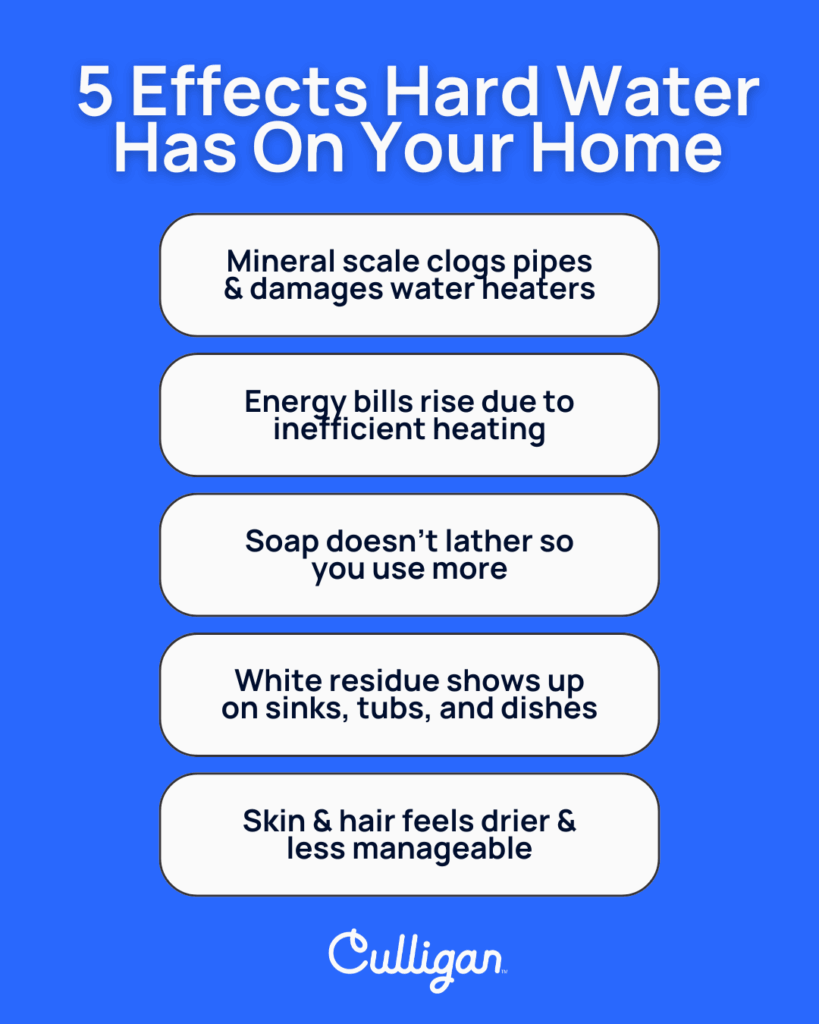Exploring Common Water Contaminants in The Gulf Coast
It goes without saying: clean, safe water is essential to your health, home, and quality of life. While the U.S. Environmental Protection Agency (EPA) regulates and monitors public water systems, that doesn’t mean your water is completely free from issues.
If you live in areas like Clearwater, Largo, New Port Richey, or St. Petersburg, you may encounter water contaminants that affect your water’s taste, odor, or even its safety. Below, we break down the most common culprits—and what you can do about them.
Is Chlorine in My Gulf Coast Water Bad?
Chlorine is the most widely used disinfectant in municipal water treatment—and for good reason. It’s effective, affordable, and keeps harmful bacteria at bay.
That said, chlorinated water can cause some unwanted side effects. Many residents report:
- A strong chemical taste or odor
- Dry skin or brittle hair after showering
- Fading laundry and corroded plumbing fixtures
Chlorine itself isn’t usually harmful at regulated levels, but if you’re sensitive to taste or worried about long-term exposure to disinfection byproducts, consider a whole-home filtration system or reverse osmosis system to reduce chlorine and improve water quality.
What Should I Do If I Have Lead in My Water?
While The Gulf Coast region hasn’t experienced a crisis like Flint, Michigan, lead contamination is still possible—especially in older homes with aging plumbing or soldered pipe joints.
Signs of lead in your water aren’t visible or taste-related, which is why testing your water is the only way to know for sure. According to the EPA, there is no safe level of lead in drinking water, especially for children.
If a test confirms lead in your water, a point-of-use filtration system, like a reverse osmosis system, can effectively reduce it and protect your family.
What Are the Effects of Hard Water?
Hard water is extremely common along Florida’s Gulf Coast, particularly in well water systems and aging municipal pipelines.
Hardness is caused by excess calcium and magnesium, and it’s often easy to spot. Common signs include:
- Soap scum on shower doors or tiles
- Scale buildup on faucets and water-using appliances
- Dry, itchy skin and dull-looking laundry
- Higher water heater energy use
Installing a Culligan water softener can solve these problems and extend the life of your appliances and plumbing. Plus, soft water improves soap and detergent efficiency—saving you time and money.

Why Does My Water Smell Like Sulfur?
If your water smells like rotten eggs, you’re likely dealing with hydrogen sulfide gas, a byproduct of sulfur bacteria in groundwater.
While this odor can be alarming, sulfates and hydrogen sulfide are typically not health risks at common household levels. The EPA categorizes sulfate under its secondary standards, which are based on aesthetics rather than health.
Still, high levels can:
- Make water unpalatable
- Stain laundry or plumbing
- Corrode pipes over time
A specialty filtration system designed to remove sulfur can help restore freshness to your home’s water supply.
Is There Iron in My Gulf Coast Water?
Iron in water isn’t usually dangerous—but it can be frustrating.
Whether your home uses well water or municipal supply, iron contamination can cause:
- Reddish or orange stains on sinks, tubs, and toilets
- Metallic taste in drinking water
- Discoloration in laundry or cooked foods
Culligan iron filters are designed to reduce or eliminate both ferric (visible) and ferrous (dissolved) iron in your water.
Protect Your Home With a Free Water Test
You don’t have to live with poor water quality. Whether you’re worried about chlorine, lead, hard water, or sulfur smells, Culligan of The Gulf Coast has a solution for your home’s unique needs.
Schedule your FREE in-home water test today and discover what’s really in your water—so you can make informed, confident choices about your water treatment system.
